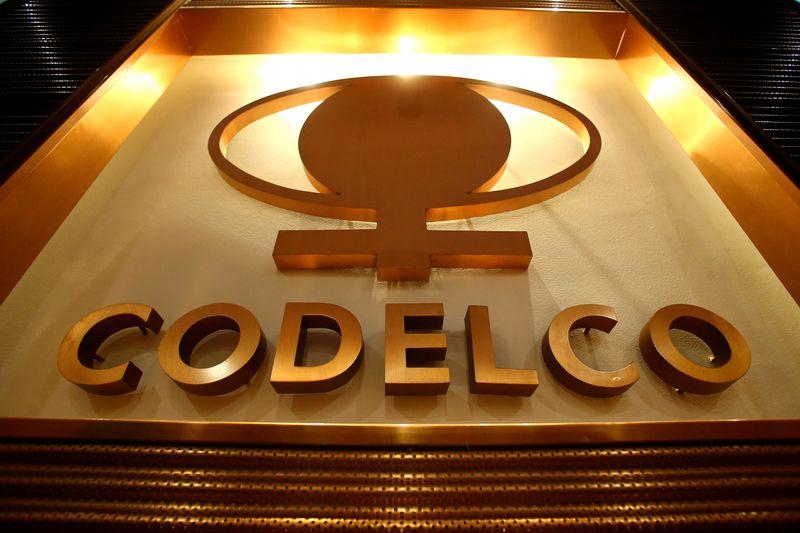RIO DE JANEIRO, BRAZIL – The two leading contenders to become Chile’s next president outlined diametrically opposed plans for the world’s largest copper producer on Tuesday as the Latin American nation seeks to expand production.
Left-wing candidate Gabriel Boric would give Codelco a boost with more state funding. At the same time, right-wing Jose Antonio Kast considers it attractive to open state-owned companies to private capital, according to his proposed economic advisers.
Read also: Check out our coverage on Chile
The comments came at the Expomin trade fair in Santiago, where representatives of four candidates in next month’s presidential elections outlined their visions for the industry.
The prospect of increased taxes to address inequality has dominated the political debate regarding mining, but at Tuesday’s panel, the state’s role also came to the fore.
A Boric government would increase the state’s presence by collaborating with the private sector in research and development, offering more financing through development banking, and sharing risks and profits in projects run by personal interests, said his advisor, Willy Kracht.
Kast, who has overtaken Boric in some polls, sees as “viable and attractive” the idea of allowing citizens to own part of state-owned companies, his advisor, Mario Marchese, told the panel, without specifying which companies.
Over the years, politicians and business leaders, including incumbent President Sebastián Piñera, have pushed the idea of introducing private capital into Codelco to help finance the investments needed to maintain its status as the world’s largest copper producer.
Marchese’s comments come as Brazilian President Jair Bolsonaro raises the idea of privatizing state-owned oil giant Petrobras.
While both sides called for an expanded role for Chile’s state-owned refiner Enami and more significant benefits and protections for local communities, they diverged on taxation.
A Boric administration prefers a hybrid system of sliding fees on profits and a new royalty, although it would be mindful not to create a tax burden that would jeopardize projects, said Kracht. On the other hand, Kast would seek to incentivize the private sector as an engine of development.


